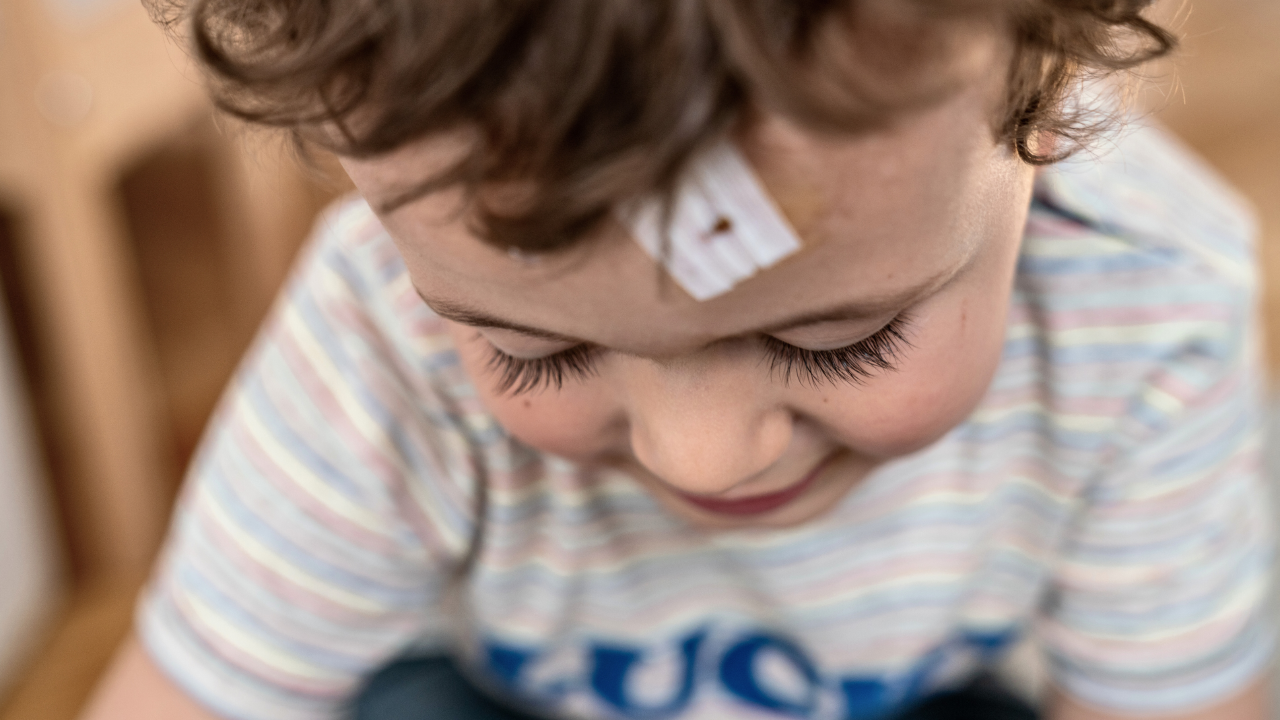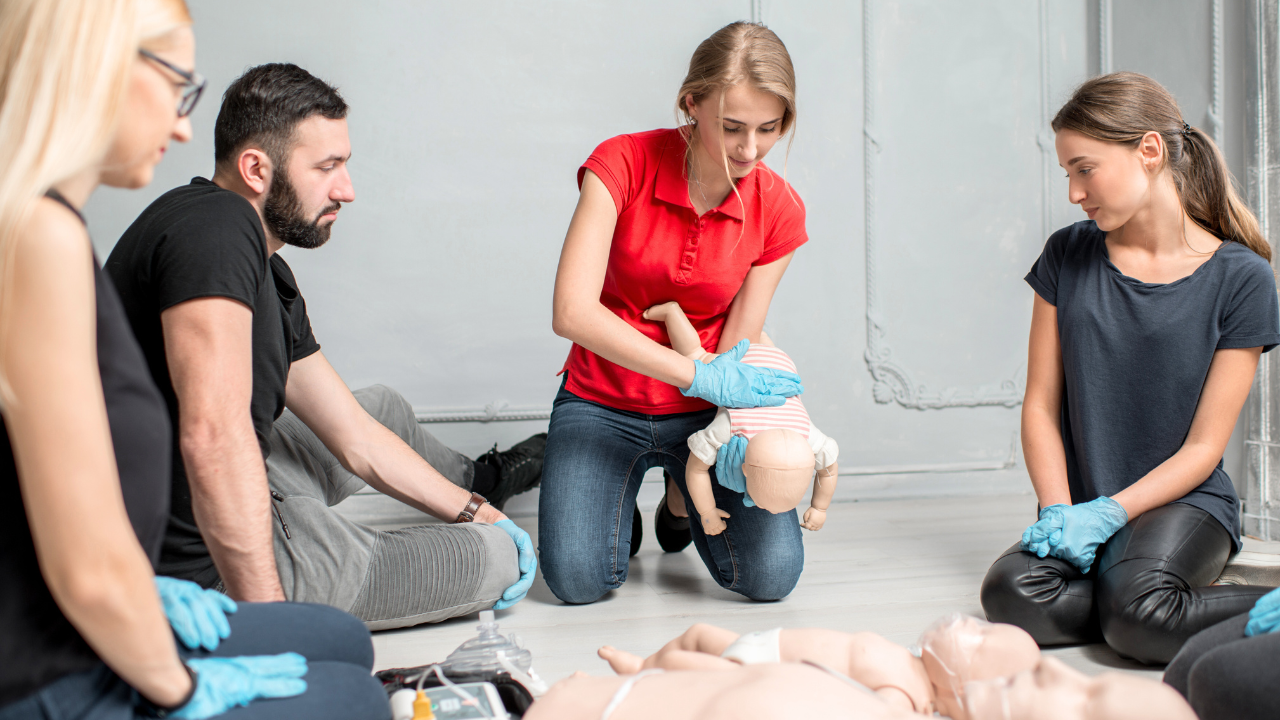Essential First Aid Tips for New Parents: Keeping Your Child Safe and Sound
May 07, 2025
Becoming a parent is a journey filled with joy, but also a fair share of WORRIES! One of the biggest concerns for new parents is the SAFETY and WELL-BEING of their child. While we all hope to avoid emergencies, being prepared can make a significant difference in ensuring your child’s safety.
Here are a few essential first aid tips every new parent should know to keep their child safe + sound.
-
Handling burns
When your child gets burnt, it's crucial to act quickly to minimise damage and pain. Immediately remove the child from the source of the burn and remove any constricting clothing. Be very careful not to try to remove anything from the burn, as it could lead to infections. Cool the affected area by holding it under cool (not cold) running water for 10-15 minutes. Then, cover the burn with cling film.
The burn could either be first, second or third-degree so immediately consult your doctor or visit the paediatric emergency department for further guidance on how to care for the burn properly.
-
Reacting to fever
When your child gets a fever, it’s important to stay calm and take immediate steps to ensure their comfort and safety.
First, measure their temperature accurately using a reliable digital thermometer; you will know your child has a fever if the temperature is above 37.4°C. Keep your child hydrated by giving them plenty of water or diluted fruit juice. Even if it’s against instinct, do not remove clothes and do not overheat your child by covering them with too many blankets.
If the fever goes above 39°C, there will be a risk of febrile seizure, which can be scary to experience, but you must remain calm. Protect your child’s head and body, and wait for the seizures to stop. Then, place them immediately on their side, in a recovery position, and call for an ambulance.
-
Stopping severe bleeding
If your child experiences severe bleeding due to an injury, immediately apply pressure to the wound using a clean cloth or sterile gauze. Elevate the injured area if possible to help reduce blood flow. If the bleeding doesn't stop or is spurting, apply a second dressing on top of the first one.
Remember, it’s very important not to move your child around, the bleeding could get worse. Only move them if they are in a dangerous environment.
Therefore, do not rush to the nearest hospital yourself - instead you should call emergency services and follow their instructions carefully. Keep comforting and reassuring your child and try to maintain a calm demeanour to avoid causing further distress while waiting for professional help to arrive.
How can I effectively call emergency services if my child requires assistance?
- Remain calm: Dial the correct emergency number. Here in Malta, dial 112.
- Provide Essential Information: Clearly state your name, location (including address and any landmarks), and phone number. Describe the nature of the emergency, such as your child's condition, injuries, or symptoms.
- Follow the instructions the professionals will give you and stay on the line: It’s very important to never hang up before they tell you to do so. Put your phone on speaker mode should you need to continue assisting your child.
- Stay with your child, reassure them and reassure yourself: You will need to keep a cool head as much as possible, as your child will stay calm only if you do.
Equipping yourself with essential first aid knowledge is ESSENTIAAL for every parent. By being prepared to handle common emergencies such as choking, burns, cuts and scrapes, fevers and bleeding, you can effectively safeguard your child's safety and well-being. Remember to stay calm, act swiftly, and seek professional assistance when necessary.
Get all the knowledge you need during our PAEDIATRIC FIRST AID course for parents delivered at the MyMama Hub by expert first aid instructor Debbie Gatt, who tackles many other scenarios commonly encountered by parents of kids of all ages, and helps you understand how to PREVENT common incidents as well as how to give first assistance.
You can reserve your spot by visiting www.mymama.mt/first-aid


